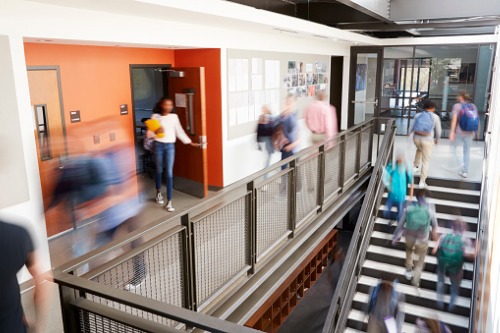
Prime Minister Scott Morrison says Australia’s universities and schools will remain open, based on the advice the national cabinet has received from health experts.
In a televised address this morning, Morrison announced that the Governor-General had enacted a biosecurity emergency banning non-essential indoor gatherings of 100 or more people. Restrictions on non-essential outdoor gatherings of 500 or more people would remain in place, he added.
Non-essential gatherings included places such as restaurants, cinemas and cafes but excluded schools, universities, public transport, medical centres, hospitals, aged care centres and other critical facilities.
However, this would not include universities and schools, which he said must remain open “in the national interest”.
"The health advice is that schools should remain open,” Morrison said, adding that the social impact of closing universities and schools would be “severe”.
In a statement, Universities Australia CEO Catriona Jackson said “every university has prepared for a broad range of contingencies as part of their pandemic plan”.
“All universities are focused on measures to slow the spread of the virus,” Jackson said.
“We continue to be guided by expert medical advice to protect the health and welfare of our staff, students and community”.
This week, students at two universities – the University of Sydney and the University of Queensland – tested positive for COVID-19, prompting the latter to suspend classes for a week as a precaution.
Several other major universities across Australia recently announced the cancellation of public events and social gatherings as the number of confirmed cases nationwide rises significantly.
On Friday, a prominent infectious disease expert said the PM should implement “extreme social-isolation measures”, such as closing all schools and universities, when the number of COVID-19 cases across Australia reached 250.
As of today, there are more than 450 confirmed cases of COVID-19 in Australia.


